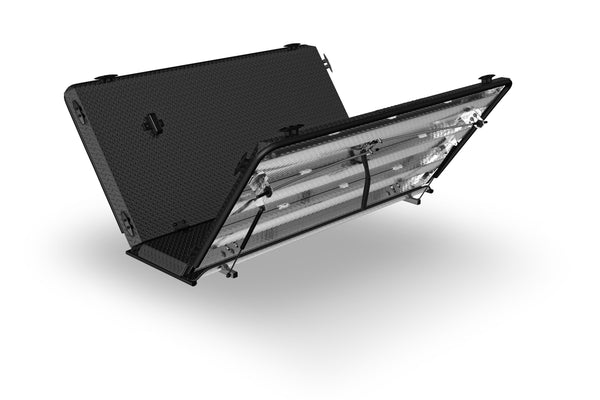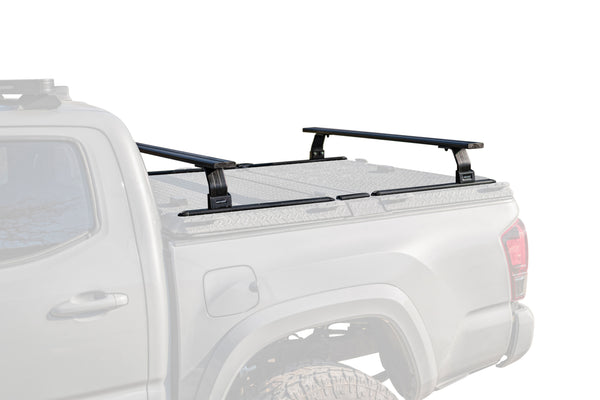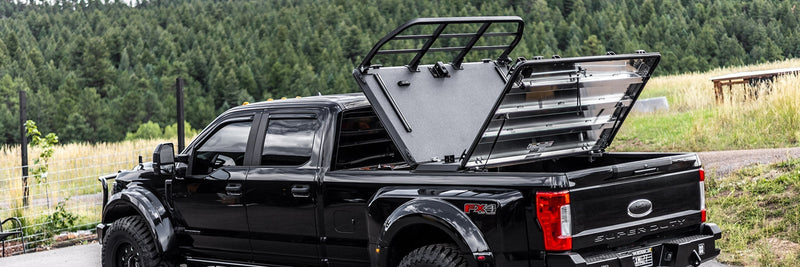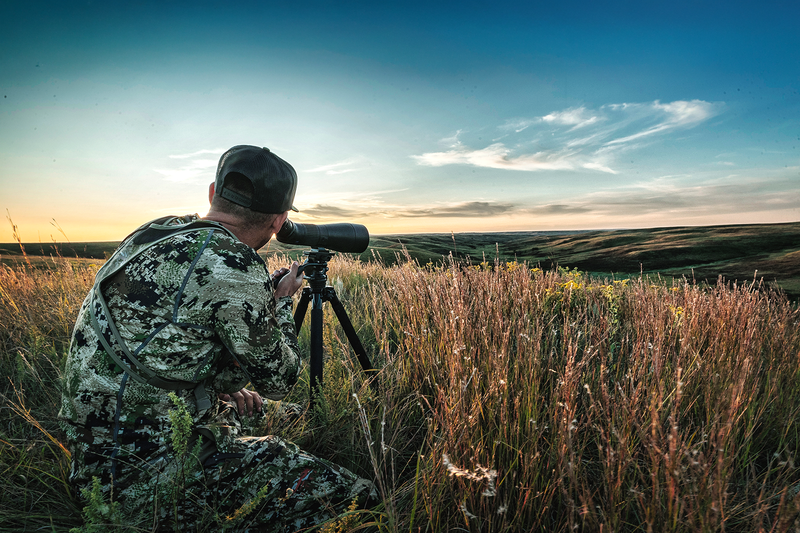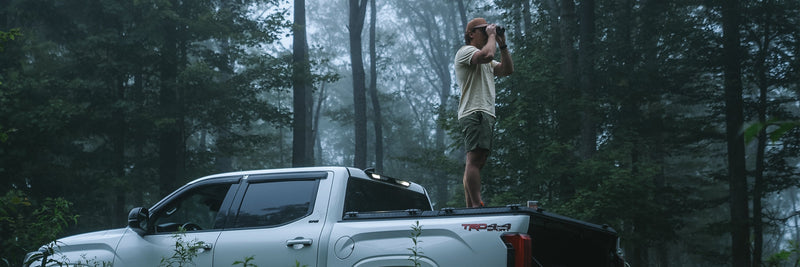Life in the 21st century certainly comes with its advantages. Most U.S. homes have a constant supply of electricity and clean running water. Our food stores are well-stocked, and 24-hour medical clinics are plentiful. Then there are the multitude of instant communication methods, all opening up a world of opportunities, entertainment, and enlightenment. These modern conveniences begin to feel like necessities after a while, and we often benefit from them without considering for a moment how they came to be. Of course, they’re not necessities, at least not in their modern form. And despite a world of benefit, all that connectivity begins to wear on us a bit. Perhaps you’ve wondered whether a month of roughing-it would do you some good, or maybe you’re among the millions of Americans who are plotting a permanent escape from the grid. In either case, you’re right to be excited about the prospect, providing you properly prepare for the journey ahead. I’ve spent most of the last few years living out of my old Ford in the Pacific Northwest. It’s been an incredible adventure, with too many lessons to share here. Fortunately, the basics go a long way when it comes to boondocking. Here are the keys to a successful period of self-reliance.

1. Location, Location, Location
Just like when buying a house, where you choose to set up camp will have a tremendous impact on your quality of life off-grid. Your location will also help guide your packing and prepwork. You’ll first need to decide on a general destination. In the western states, we have access to countless acres of public land to choose from. If you’re unable to venture past the Mississippi, look at national and state parks in your area for a secluded site. After narrowing your search to a specific park or forest, and acquiring any necessary permits, you’ll need to consider what, and how much, to pack. The further from civilization you wander, the more you’ll need to load up from home.
In Spring and Summer months, I do my best to camp next to a lake or stream, with tall trees for shade. Few things beat an afternoon dip after a day of camping in the sun, but that’s just one reason to camp beside water. You’ll also have a much easier time conserving your packed water-supply with unlimited resources for dish-washing and bathing. During cooler months, I think about firewood in the same way. Especially in the high-desert of Oregon, it can get downright cold in a hurry. Fall and winter camping means having a fire going most of the time, so I look for sites with an ample supply of firewood. In my neck of the woods, we’re lucky to have plenty of Juniper trees which burn hot and make great coals. Remove the wind from the equation by camping next to a tall hill, rock face, or tree line. No matter where and when you’re camping, pick a level spot without any dips to avoid waking up to find your camp in a puddle.

2. Packing List and Provisions
You’ve heard it before, but I can’t stress enough the importance of maintaining a bug out bag loaded with the ten essentials. That’s your emergency exit should everything go wrong.
Aside from your ten essentials, food and water should be your top priority. This is where you load for bear, since you’ll rarely hear complaints of too much water or non-perishable foods on an extended camping trip. Perishable foods are a bit challenging as you’ll need a way to preserve them. I keep a 12v fridge stored under my DiamondBack, so I’m able to bring a handful of foods that feel like luxuries in the backwoods. However, most meals are of the canned and boxed varieties.
When spending an extended period of time off-grid, you’ll find yourself wearing and using the same items, over and over. Make it clothing you love to wear, and gear that you can rely on. Pack two of anything you’ll need to launder often, or can’t live without. Take inventory of the items in your bug out bag, and tailor its contents to your specific needs and adventure.
As I mentioned before, lakes and streams can be very helpful in expanding your water supplies, but for some, that won’t be an option. If you’re unsure before taking off, fill some collapsible water storage containers. If they prove to be unnecessary, you can dump them to make room for other things, like firewood. Or you can pack them empty so you have the option to load up if the opportunity arises.

3. Your Shelter and Rig
Don’t go cheap on the shelter. This is your home, and there’s nothing worse than waking up to find that your home has been flooded or blown over. These days, roof top tents (RTTs) provide an awesome way to camp in comfort while off-grid, and they’re made to handle the toughest conditions. RTTs mount easily to DiamondBack Covers without affecting the cargo beneath. Because I camp for lengthy periods of time, I tow a roof-top tent on an overland trailer so my DiamondBack is available for other duties. I mounted a solar panel to my cover which powers my fridge and power station, and also mounted recovery boards and jack for quick access, and to keep them out of the way.
Going off-grid means accepting responsibility for your own fate. That may seem scary, but it’s actually empowering. You won’t reach roadside assistance in the backwoods, so prepare your ride accordingly. Be sure to include recovery boards, a jumper pack, a hi-lift jack, and tire-changing tools to your packing list.

4. Be A Good Neighbor
Finally, remember that you’re not alone in your desire to get away. You may feel like you found a site that nobody’s laid eyes on before, but there are likely other campers within shouting distance. Keep the peace, and leave your site better than you found it so it can be enjoyed by the next explorer. That doesn’t mean you need to avoid people, just understand why they’re out there in the first place. Get to know the people camping and living around you, and you’ll find yourself with new lifelong friends.
